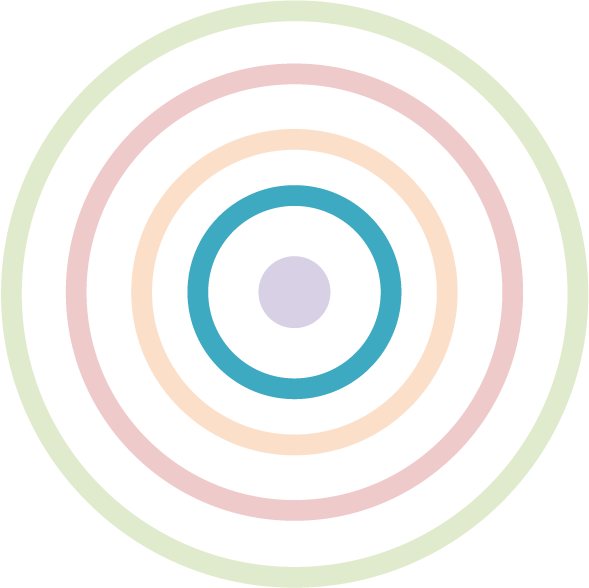
Social Locations – Religion
Equity Framework > Social Locations > Religion
Religion includes the practices, beliefs and observances that are part of a faith or religion [1]. Religion can be a central part of one’s identity and shape social location.
According to the 2021 Census, 46.2% of those living in Toronto reported a Christian religion. Islam was the second most reported religion in Toronto (9.6%), followed by Hindu, (6.2%), Jewish (3.6%), Buddhist (2.3) and Sikh (0.8%). In Toronto, 30.6% identified no religion or secular perspectives as their affiliation [2].
Belonging to a religion can mean more than sharing its beliefs and participating in its rituals; it can also mean being part of a community and, sometimes, a culture. According to the Ontario Human Rights Code, everyone should have access to the same opportunities and benefits, and be treated with equal dignity and respect, regardless of their religion [1].
To learn more, please visit the Indicators page on Raising the Village for information about Student participation in cultural activities and the Community and Culture outcome.
References
- Ontario Human Rights Commission. (2023). Religious rights fact sheet. Available from: http://www.ohrc.on.ca/en/religious-rights-fact-sheet
- City of Toronto. (2022). 2021 Census: Citizenship, Immigration, Ethnic Origin, Visible Minority Groups (Race), Mobility, Migration, Religion. Available from: https://www.toronto.ca/wp-content/uploads/2023/03/8ff2-2021-Census-Backgrounder-Immigration-Ethnoracial-Mobility-Migration-Religion-FINAL1.1-corrected.pdf
- Sigward, D. (2017). Holocaust and human behavior. Brookline, MA: Facing History and Ourselves. Retrieved February 14, 2020, from https://www.facinghistory.org/holocaust-and-human-behavior
